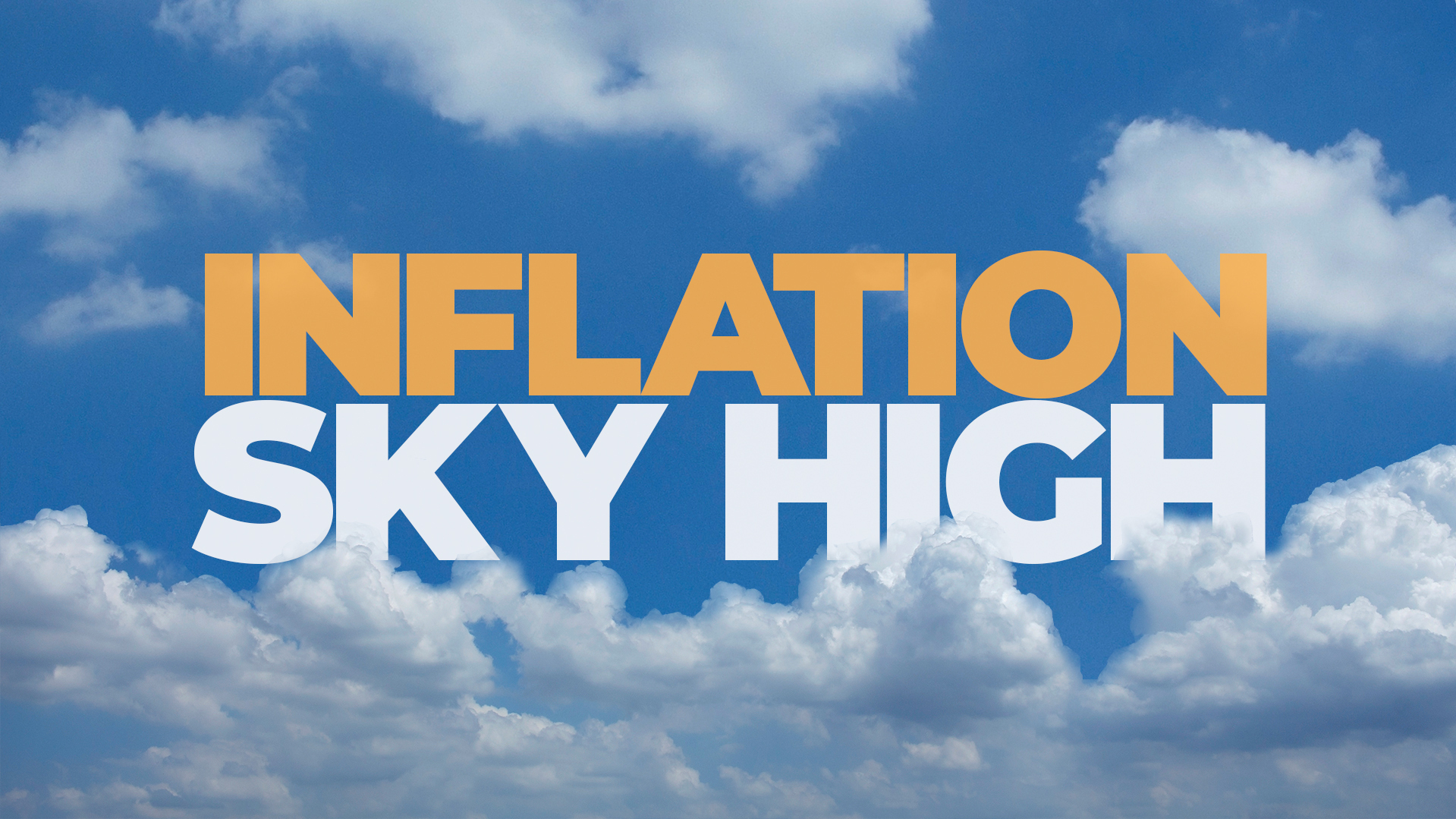According to the Labor Department’s latest Consumer Price Index report released Wednesday, consumer prices increased 7% between December 2020 and December 2021. That’s the highest year-over-year inflation rate since 1982. In December, consumer prices rose 0.5% over November 2021 levels. However, that is slight decrease from the 0.8% rise reported between October 2021 and November 2021.
“Increases in the indexes for shelter and for used cars and trucks were the largest contributors to the seasonally adjusted all items increase. The food index also contributed, although it increased less than in recent months,” the Labor Department wrote in its report. Used car prices rose 3.5% from November to December, the report noted, and they have soared more than 37% compared to the same time a year ago. On the plus side, “the energy index declined in December, ending a long series of increases.”
Wednesday’s December consumer prices report comes amid increasing pressure for the Federal Reserve to act quickly to reduce inflation. Fed Chair Jerome Powell previously indicated the Fed plans to raise its benchmark interest rate three times in 2022. However, some banks are predicting a fourth rate hike may be necessary. The central bank also plans to stop asset purchases in March, and it could draw down its bond balance sheet later this year if inflation persists.
“Our policy has been adapting to this for some months but if inflation is going…our policy will respond accordingly,” Powell said to the Senate Banking Committee Tuesday.
It appears Wall Street shook off Wednesday’s consumer prices report, as inflation was expected to persist in December. The S&P 500 was up 0.4% in the early going Wednesday. Technology stocks were doing better than the rest of the market, pushing the Nasdaq up 0.9%. However, there was a drop in bond yields, with the yield on the 10-year Treasury note falling to 1.72%.
It’s unknown how the stock market will react when the Fed begins using its tools bring inflation down. The Fed typically doesn’t make sudden moves to avoid shocking markets.


